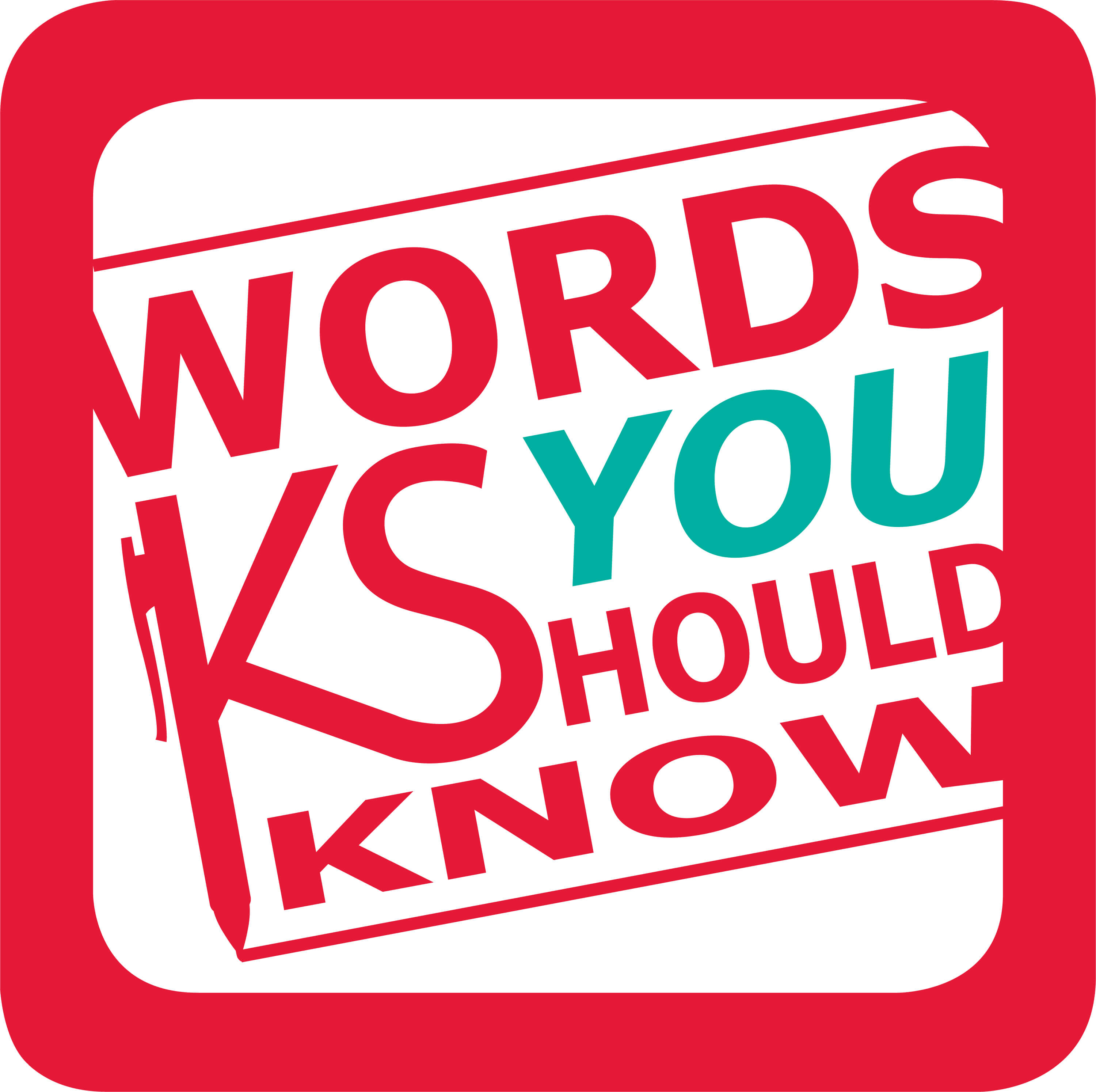
At twelve months old, babies are already beginning to recognize “adjacent relationships” of words, how language fits together to organize itself. The learning process with listening, speaking, and writing, begins there and often lasts for a lifetime.
There’s no medal awarded for correctness, but a strong command of your words is one way to show your mettle. But we’ll get back to that.
Episode 12: Don’t Meddle with my Metal Medal (or my Oranges)
Podcast: Play in new window | Download
Approximate transcript:
The problem is that the English language is not always logical. It comes from the North Germanic languages spoken by the Scandinavians during the 8th and 9th centuries, influences of the conquering Normans who brought the Romance languages into the mix. And Early modern English—think the language of Shakespeare—borrows greatly from Greek and Latin, as well as more French, German, and Dutch.
From that wild mix, you get words like the Old English term“juke,” meaning dancing, where we get our modern word “jukebox.” Or maybe “modern” isn’t accurate. Retro, maybe.
And to answer it once and for all whether the fruit or the color had its name first, the word “orange” came to English from a Sanskrit word, when Arab traders brought the orange colored fruit to Europe—specifically a sour version to Sicily around 1100 and later the sweet version we know today around 1500. The color orange doesn’t occur in nature widely. There was no word for this color in English and no knowledge of this fruit before this time. Hence English gathered a new food word and a new color word. It’s also true that there is no rhyme for the word “orange,” but you probably already knew that
The complex language we have today comes with a complex story. And that is before totes, awesomesauce, and hashtag OMG.
But the Words You Know podcast is here to dive in. This season, we “dove” in, or should I say we “dived” in? “Dove” vs. “dived”? The conversation never stops.
To answer that one, it’s usually “dove” on the west side of the Atlantic. Americans and Canadians have largely shifted to this newer form of the word that mimics the past tense style of “drive/drove.” British English still favors the original form “dived.”
It’s complicated. I know. When it comes to the language trickling out of people’s mouths, I don’t like to meddle. No one likes that person who corrects grammar in the airport, in your office’s break room, or with a nudge of an elbow at your favorite new craft brewery (I’m in Richmond, Virginia, and man, do I love this town).
However, it is up to each of us to do better. Don’t call out your friend. Maybe discretely slip them a copy of a playful word choice book if you feel so inclined, but it’s time for you to focus on you. Smartphone signatures apologizing for typos do not actually make it okay. It’s not an invitation for others to meddle in your writing affairs, but it is an acknowledgment that you’re okay with occasional sloppiness.
Meddle. I keep using that word. Let me dive in there for a second.
Tough times can show your true mettle, but perhaps if you were a former Olympian, tough times might make you pull out your medal, which is made of metal. I won’t ask you too much about that though, because I don’t want to meddle.
Yes, I could see how these four words could be confusing at first glance. Some mistakes between them might be typos, but often, I believe, it’s an ignorance of the word “mettle.”
Showing your strength and fortitude isn’t showing your metal, even though I could see why some logic might take you there.
- “Mettle” means to have a strong character, to be courageous, or to have an even temperament.
- “Metal” is a hard substance that your chemistry teacher, a geologist, or an electrician could probably tell you all about. If you’re into hair bands, you might know of another kind of metal (music).
- A “medal” is an award for achievement or bravery that is often made of metal.
- To “meddle” means to put your nose in someone else’s business.
Should you get a medal for knowing these differences? Maybe not, but you should feel pretty good about yourself anyway.
Meddle. Mettle. Metal. Medal. There are so many words you should know. There are so many words we can handle better. There are so many words that are just simply fascinating.
This is it for season 1, folks. For those of you following along with every new episode, Season 2 will begin in January – after we ring in the new year, or is it bring in the new year… I’m going to leave you hanging right there.
I am Kris Spisak, author of Get a Grip on Your Grammar, and I’m ready for your moments of temporary hesitation or bewilderment. I’ll also have some new book news to share when we return for season 2 so stay tuned for that.
Until then…
Words. Language. Communications. You’ve got this.
Join 1,000+ subscribers and sign up for my English language tips and trivia email newsletter for more like this.
And don’t forget to subscribe to this podcast (via Apple Podcasts, Android, Google Podcasts, Stitcher, or RSS) so you’ll never miss out on another word you should know. Like what you heard? Rate my show on iTunes or wherever you listen.
Contact me today if you have any language questions for a future episode. I’d love to hear from you!
